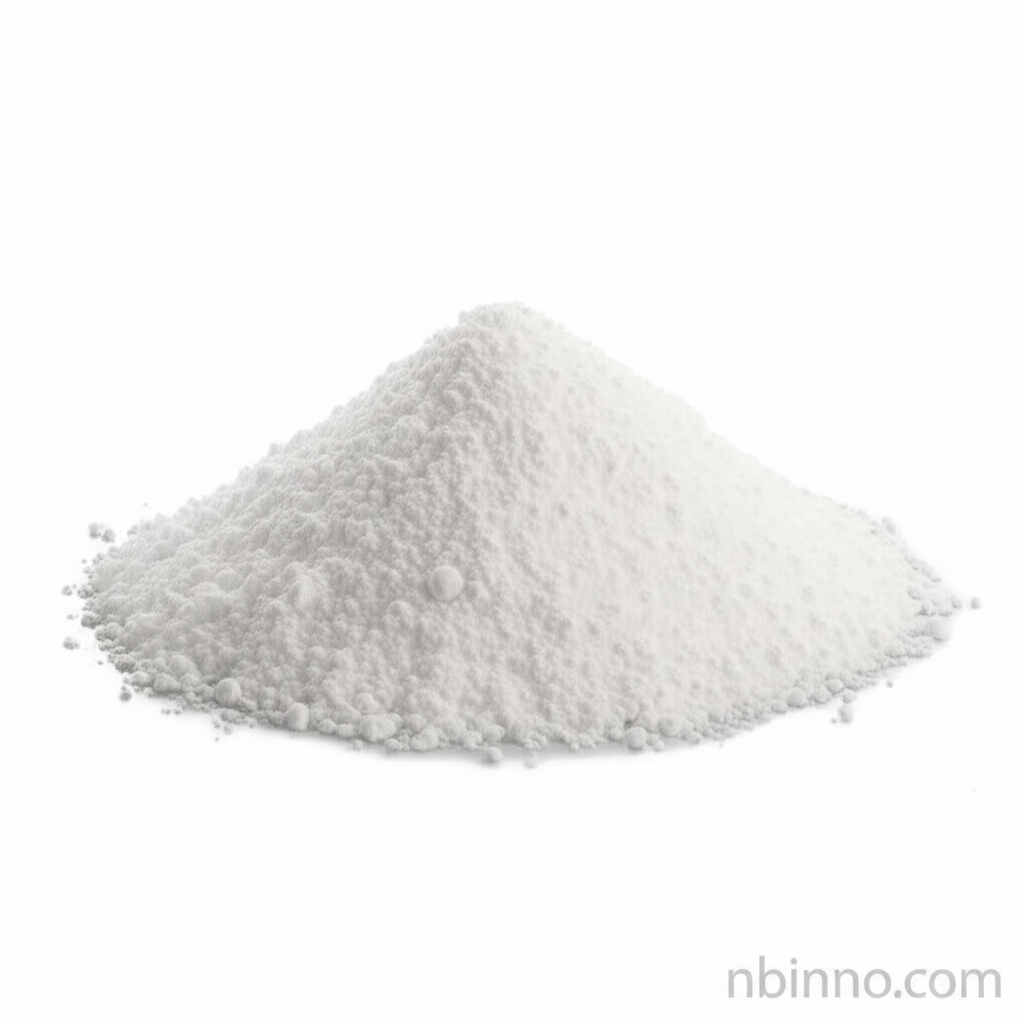Microcrystalline Cellulose: Enhancing Pharmaceutical Formulations
Discover the pivotal role of Microcrystalline Cellulose as a versatile excipient in modern pharmaceutical manufacturing.
Get a Quote & SampleProduct Core Value

Microcrystalline Cellulose
Microcrystalline Cellulose (MCC) is a purified, partially depolymerized cellulose derived from plant cell walls, widely recognized for its indispensable contributions to pharmaceutical formulations. Its unique physicochemical properties make it a cornerstone ingredient for creating effective and stable solid dosage forms.
- As a key pharmaceutical excipient, MCC serves as an excellent binder, significantly improving tablet compressibility and cohesion, which is crucial for direct compression MCC processes.
- The MCC tablet formulation benefits from its role as a disintegrant, ensuring rapid tablet breakdown and subsequent release of active ingredients, vital for effective drug delivery.
- Its high flowability and low absorption characteristics make it a preferred choice for wet granulation MCC, contributing to uniform granulation and drying, and enhancing overall manufacturing efficiency.
- The versatility of Microcrystalline Cellulose extends to its use in food production and cosmetics, underscoring its broad applicability beyond the pharmaceutical sector.
Key Advantages
Exceptional Binding Properties
Leveraging its plastic deformation under compression, MCC acts as a strong binder, ensuring tablet integrity and reducing friability, a key aspect for robust pharmaceutical excipient innovation.
Enhanced Compressibility and Flow
MCC's inherent properties contribute to superior compressibility and improved powder flow, simplifying manufacturing processes and ensuring consistent tablet weight, essential for advanced tablet manufacturing techniques.
Versatile Functionality
Beyond binding and disintegration, MCC serves as a filler, diluent, and lubricant, offering multifaceted solutions for complex drug delivery system optimization and versatile excipient sourcing.
Key Applications
Pharmaceutical Tablets
Widely used as a binder and filler in tablet manufacturing, especially for direct compression MCC, ensuring structural integrity and efficient drug release.
Capsules
Functions as a filler and diluent in capsule formulations, providing bulk and ensuring accurate dosing, contributing to optimized drug delivery systems.
Food Industry
Utilized as an anti-caking agent, stabilizer, and texture modifier in various food products, showcasing its role in natural polymer applications in pharma.
Cosmetics
Acts as a texturizer, absorbent, and viscosity enhancer in cosmetic products, reflecting its broad biocompatible materials in medicine applications.
